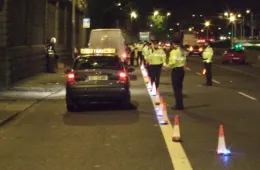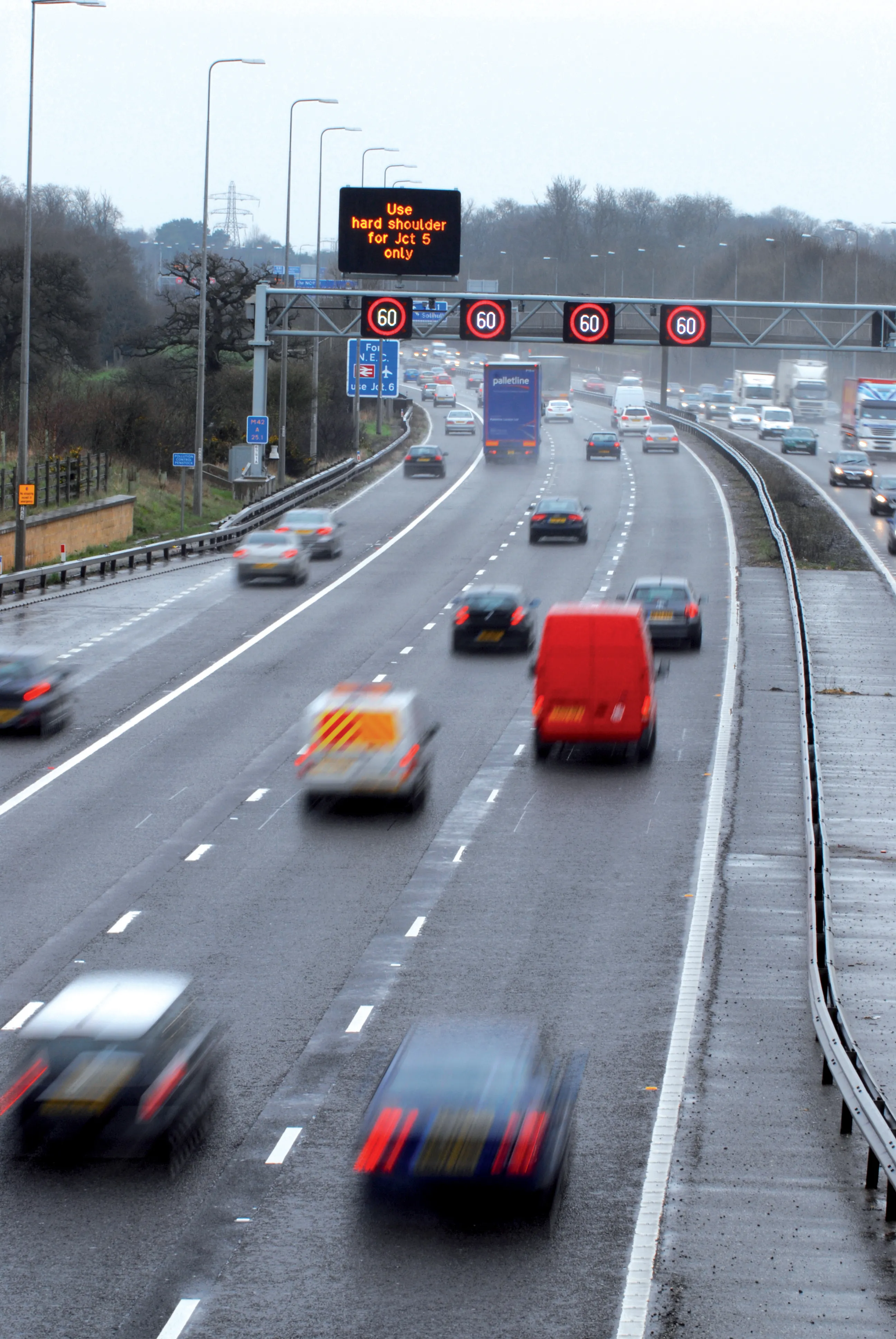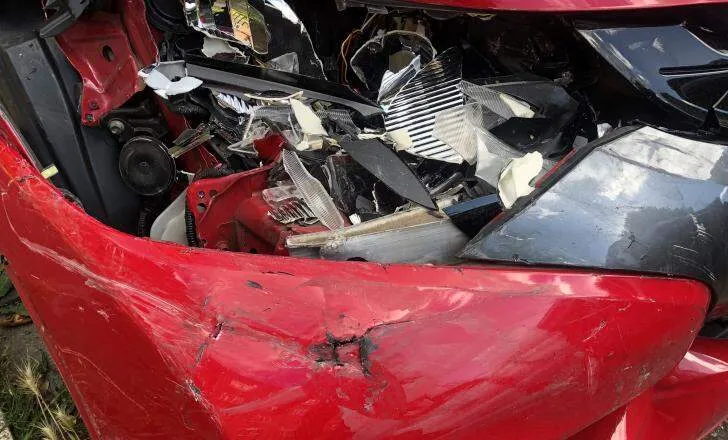As part of Ireland's Operation Artery, police officers staged a number of Super 'Mandatory Alcohol Testing' (MAT) checkpoints in a crackdown on drink-driving in Dublin over the weekend of 11-12 January 2014.
In addition to intoxicated driving, general road offences were also targeted, including use of seatbelts, vehicle lighting, tyre condition, driving licences, insurance and road tax.
Four separate Super MAT one hour checkpoints occurred simultaneously between the hours of 11.30pm on the 11 January and
January 16, 2014
Read time: 2 mins

As part of Ireland's Operation Artery, police officers staged a number of Super 'Mandatory Alcohol Testing' (MAT) checkpoints in a crackdown on drink-driving in Dublin over the weekend of 11-12 January 2014.
In addition to intoxicated driving, general road offences were also targeted, including use of seatbelts, vehicle lighting, tyre condition, driving licences, insurance and road tax.
Four separate Super MAT one hour checkpoints occurred simultaneously between the hours of 11.30pm on the 11 January and 12.30am on 12 January in various locations around Dublin. During these checkpoints a total of 888 vehicles went through. 302 people were breath tested and one arrest was made. There were also 10 general detections for Road Traffic Offences.
Assistant Commissioner John Twomey, Garda National Traffic Bureau, said: "I would like to thank motorists for their co-operation during these checkpoints, and, as the figures show, the vast majority of people tested were compliant with the legislation.
“I want to also send a very strong message to all drivers and remind them that members of An Garda Síochána are out in force every night and day, all around the country, targeting intoxicated driving and other key life saver road offences. Never ever drink and drive."
Traffic police officers in Malta were out early on Sunday 12 January 2014 to emphasise that drink-driving offences can be committed the morning after drinking.
In addition to intoxicated driving, general road offences were also targeted, including use of seatbelts, vehicle lighting, tyre condition, driving licences, insurance and road tax.
Four separate Super MAT one hour checkpoints occurred simultaneously between the hours of 11.30pm on the 11 January and 12.30am on 12 January in various locations around Dublin. During these checkpoints a total of 888 vehicles went through. 302 people were breath tested and one arrest was made. There were also 10 general detections for Road Traffic Offences.
Assistant Commissioner John Twomey, Garda National Traffic Bureau, said: "I would like to thank motorists for their co-operation during these checkpoints, and, as the figures show, the vast majority of people tested were compliant with the legislation.
“I want to also send a very strong message to all drivers and remind them that members of An Garda Síochána are out in force every night and day, all around the country, targeting intoxicated driving and other key life saver road offences. Never ever drink and drive."
Traffic police officers in Malta were out early on Sunday 12 January 2014 to emphasise that drink-driving offences can be committed the morning after drinking.







